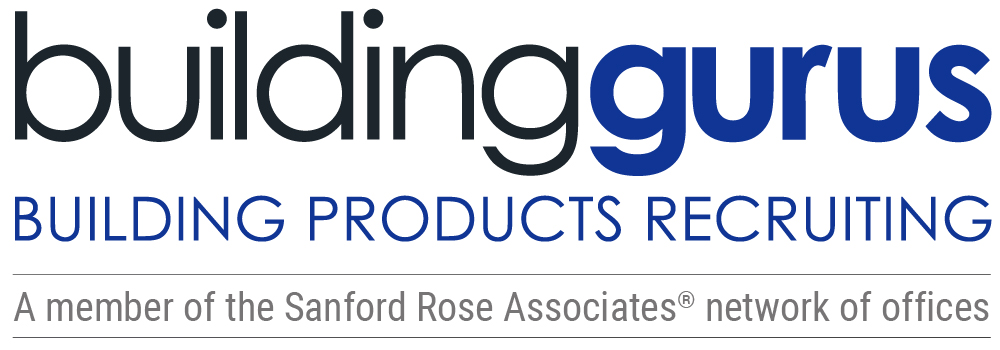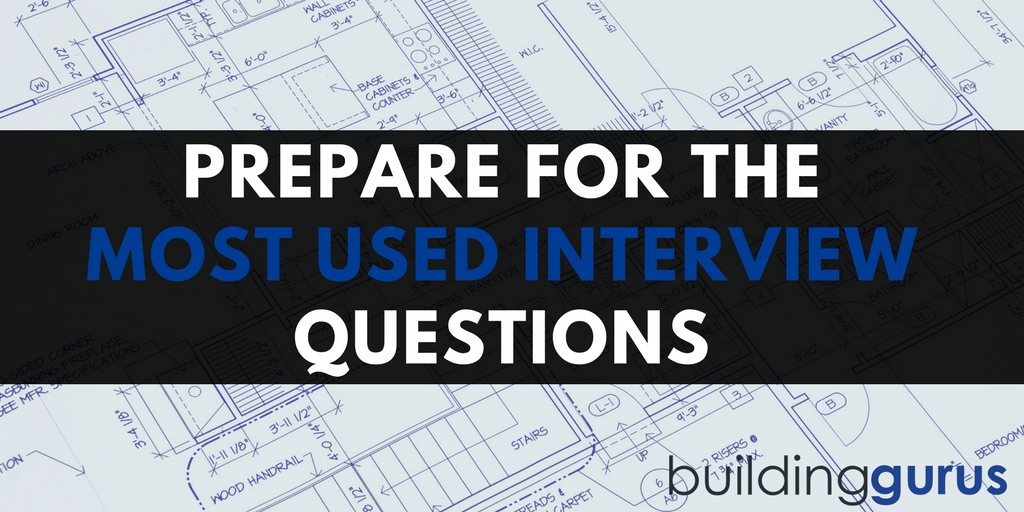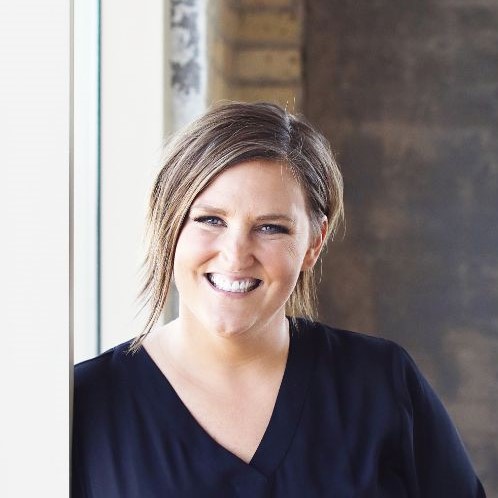To make the best impression in an interview, you must be prepared and able to speak articulately about your background and past wins. No matter your experience, you can set yourself up for success by getting ready for the 4 common types of interview questions.
One quick note – there is a difference between being prepared and coming off as too practiced. You are talking about your past experiences, not preparing a speech!
Prepare For The Most Used Interview Questions
There are 4 categories of frequently asked interview questions. We will talk about each and how you can prepare.
Resume Questions
These questions are cut and dried, based on facts about your previous roles, responsibilities or education. So, because they deal with your history, they are pretty easy to answer!
While some might be close-ended questions, you still need to be able to describe your experiences in a concise manner.
Don't even consider trying to fudge on these answers or exaggerate your qualifications. Also, avoid being vague at all costs, this is time to share your wins. Remember to maintain a balance between showcasing your achievements and bragging.
Self-Appraisal Questions
These questions can be tricky because they require you to evaluate yourself. You might be asked to identify your best asset, rate your comfort with technology, or discuss some of your weaknesses.
Be ready with examples of successes and struggles you experienced in each role. When you say you are great at a specific skill, you want to be able to back it up with proof through past success. Make sure you are honest in your evaluations but present yourself in the best light.
Hypothetical Questions
Interviewers ask questions about past actions or hypothetical situations to predict your future actions.
Some examples are: how you would cut your branch costs during a recession, how you would respond to a customer complaint about a large product price increase or how you would consolidate several territories and handle laying off 3 salespeople. You might get asked questions about hiring or supporting an influx of new customers.
The point of these questions is to see how you will use what you have done in the past to resolve likely situations in the future. Answer these questions using similar past experiences. Again, you want to be able to offer specific examples of how you were able to handle situations. Don't give a party line about how your previous employers valued customer service and you treated everyone equally.
Spend some time trying to anticipate what you'll be asked and match up a specific example to those questions.
Stress Questions
Stress questions evaluate how your respond to pressure, test your creativity and demonstrate your overall attitude and emotions. These questions may seem off the wall and even confrontational, but they're meant to see how you deal with being thrown off your game.
Certain questions might put you out of your comfort zone – What presidential candidate you are most like or what you want on your gravestone. Others – “Why should I waste any more time talking to someone who wasn’t the top salesperson last year?” are confrontational and meant to make you defensive. Remember they are trying to gauge your ability to go with the flow and think on your feet.
Remain calm and answer as logically as you can. Getting frustrated or irritated with stress questions sends the wrong impression. Answer as best you can and move on.
If the interviewer becomes more aggressive or crosses a line, you can ask for clarification on how particular questions relate to the role. If you are really uncomfortable, ask to be done.
Most companies don't use stress questions because they aren't a great judge of how you'll perform and they leave a bad taste in the mouth of people being interviewed.
General Tips
- Showing your sense of humor is fine, but don't go out of bounds. You don’t want to offend or demonstrate you can’t control yourself.
- Answer every question as honestly as you can. It's sometimes better to say “I don't know” or ask for a minute to contemplate your best answer.
- Ask for clarification when necessary. If you didn’t understand the question, it is better to ask for an explanation rather than to answer incorrectly.










